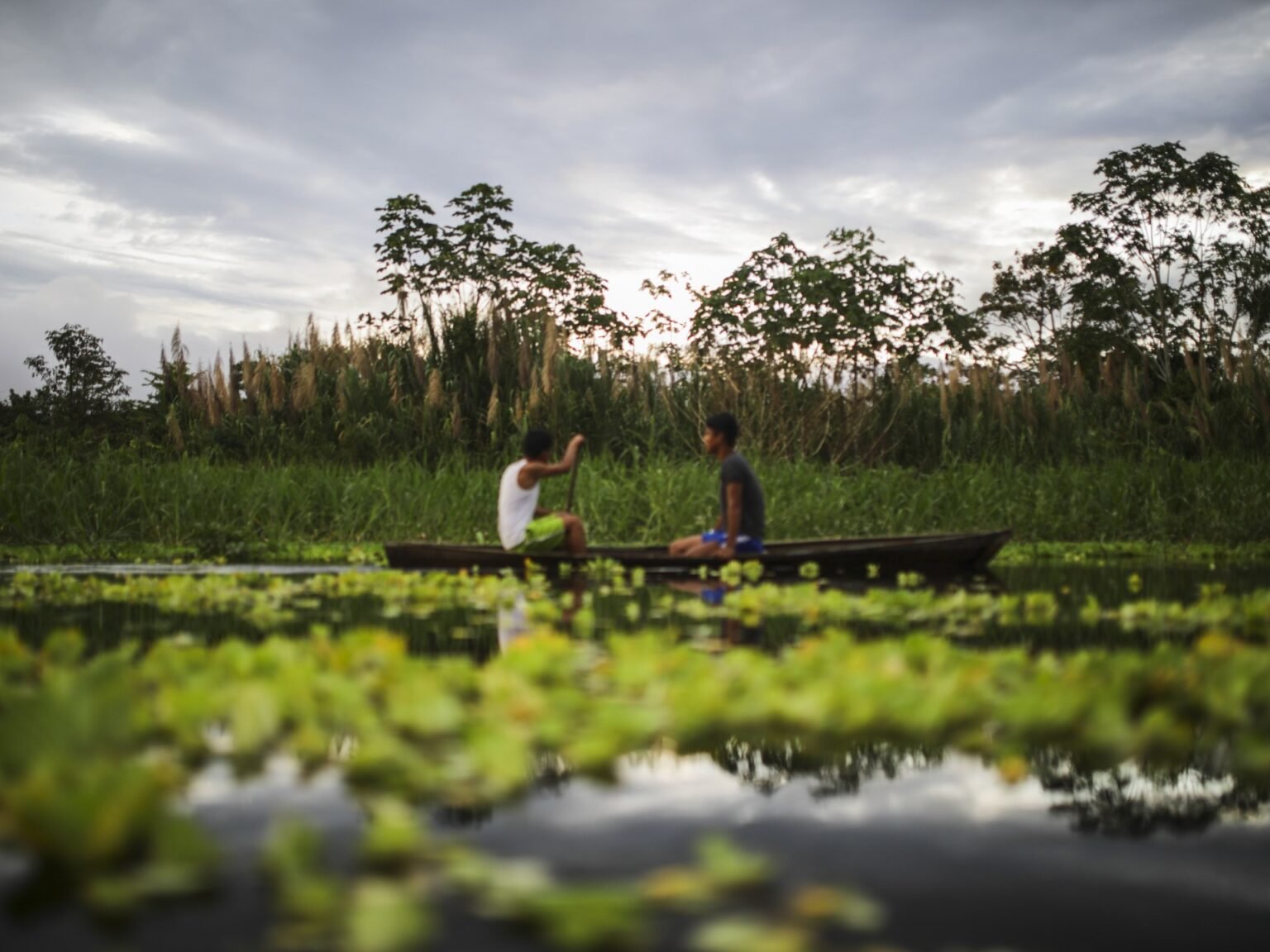The More than Human Life (MOTH) project has submitted a petition to Ecuador’s copyright office to recognize the Los Cedros cloud forest in Ecuador as a co-creator of a musical composition called the “Song of the Cedars.” The petition aims to acknowledge nature’s role in artistic creation and potentially establish new precedents in environmental and copyright law. The forest wants formal credit as a co-creator of the song, which was composed by musician Cosmo Sheldrake, writer Robert MacFarlane, and field mycologist Giuliana Furci from the Fungi Foundation, a US conservation group. MacFarlane emphasized in an interview that the song was a collaboration with the forest and its beings, highlighting the interconnectedness between humans and nature in creative endeavors.
The legal case for granting rights to natural areas is supported by Ecuador’s 2008 constitution, which recognizes the inalienable rights of ecosystems under the Rights of Nature (RoN) Articles. Article 10 establishes nature’s right to exist, persist, maintain, and regenerate its vital cycles, while Articles 71-74 outline precautions to prevent extinction of species and the alteration of natural cycles. In Ecuador, RoN has been invoked in judicial decisions emphasizing the need for sustainable development balancing economic growth and ecosystem protection. This legal framework aims to ensure the integrity of ecosystems and the survival of species while allowing communities to benefit from natural resources.
Several countries have granted legal rights to natural entities, including Ecuador, New Zealand, Bangladesh, and Colombia. In Ecuador, Los Cedros forest was designated as a legal entity in 2021, preventing further mining activities in the area. In New Zealand, Te Urewera and the Whanganui River were granted legal personhood to protect their rights and ensure environmental preservation. Bangladesh declared all rivers as living entities to protect them from erosion and pollution. The Colombian Supreme Court recognized the Colombian Amazon rainforest as a legal entity in response to climate change and deforestation challenges.
The concept of granting legal rights to nature dates back to the 1970s when the Sierra Club filed a lawsuit against Walt Disney Enterprises over a ski resort development in Sequoia National Park. Justice William O. Douglas suggested the possibility of granting legal personhood to natural ecosystems to enable them to sue for protection. Influenced by academic Christopher Stone, who advocated for rights for natural objects, Douglas’s dissenting opinion raised the idea of providing legal standing to nature similar to corporations. While nature has not been credited in art or music previously, the Los Cedros forest petition represents a unique case that may establish a new legal precedent.
In terms of animals, the Association of Officials and Attorneys for the Rights of Animals (AFADA) filed a habeas corpus petition on behalf of an orangutan named Sandra, seeking legal recognition of her as a “non-human” person with rights. The petition argued that Sandra’s freedom was unjustly restricted at a zoo in Buenos Aires, leading to her deteriorating mental and physical wellbeing. Eventually, Sandra was awarded non-human personhood rights by Argentina’s Federal Chamber of Criminal Cassation in 2015, enabling her transfer to a sanctuary in Florida for proper care. This case illustrates the evolving legal landscape regarding the recognition and protection of rights for non-human entities, including both natural ecosystems and animals.

